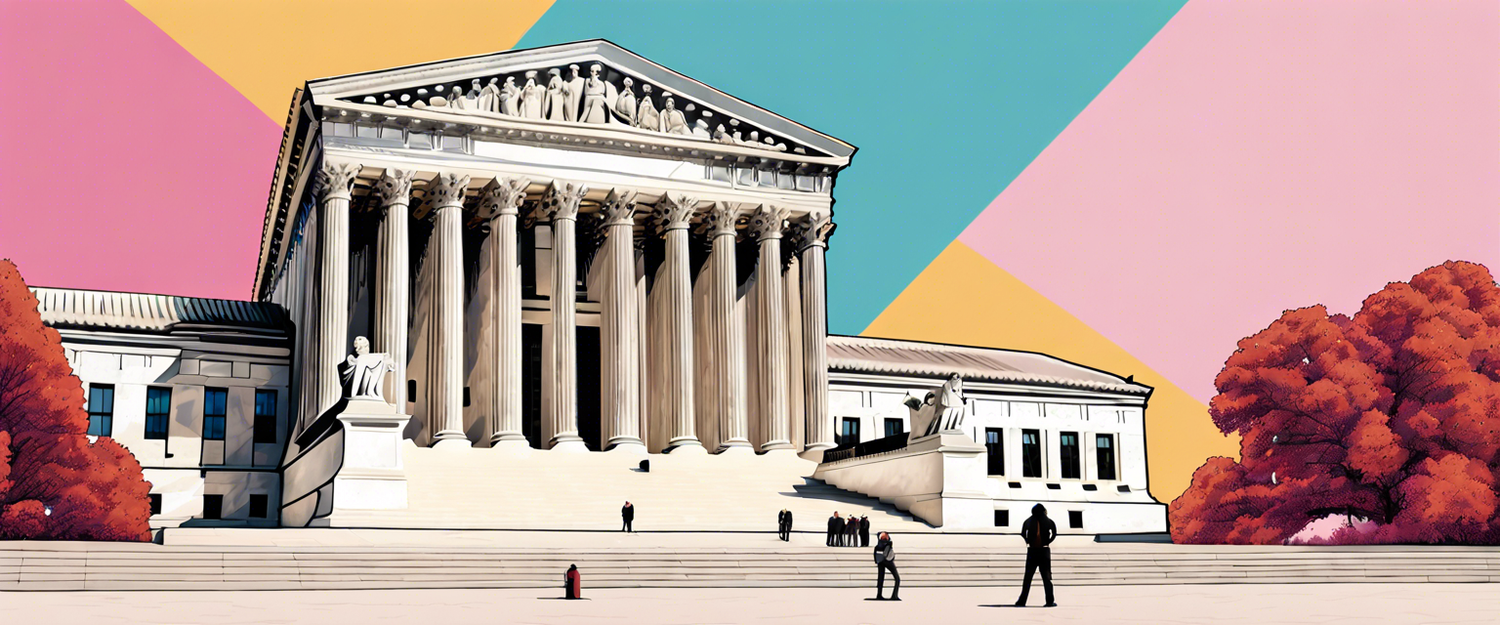Inside Look at Supreme Court Deliberations on Social Media Regulations
The recent deliberations at the Supreme Court regarding the Texas and Florida social media regulations have revealed intriguing dynamics within the justices. CNN has provided an exclusive glimpse into the discussions that ultimately placed these regulations on hold, sending them back to lower courts for further examination. This pivotal moment almost took a different turn before it settled in a 6-3 majority opinion.
The Turning Point: Samuel Alito's Draft and Amy Coney Barrett's Shift
Justice Samuel Alito played a significant role in the early stages of the ruling. His first draft sparked considerable debate among the justices, particularly as he questioned whether the content moderation actions taken by social media platforms could be considered "expressive" activity protected under the First Amendment. This line of reasoning was contentious and nearly swayed the course of the ruling.
Justice Amy Coney Barrett, a critical vote in determining the outcome, initially had reservations. However, through discussions with Justice Elena Kagan and the emerging arguments surrounding the editorial judgments made by these platforms, Barrett shifted her stance. She recognized that some decisions regarding content moderation indeed reflect editorial choices, which are protected by the First Amendment.
Barrett's Perspective on Content Moderation Algorithms
Beyond affirming the protections afforded to editorial choices, Barrett insisted on drawing distinctions among the various types of algorithms used by social media platforms. This nuanced perspective aimed to ensure that while some moderation practices are protected, others may not be, depending on their nature and application.
Implications of the Ruling on Future Moderation Cases
The Supreme Court's ruling is already creating ripples across the landscape of content moderation and regulation cases. As it sets clear precedents about what constitutes expressive activity, it is likely to inform how lower courts approach similar cases in the future.
The significant divide among the justices highlights the complexity of balancing First Amendment rights with the operational realities of social media platforms. As platforms navigate these regulations, the legal and ethical implications surrounding content moderation will continue to evolve.
Conclusion
This inside look at the Supreme Court deliberations underscores the intricate relationship between judicial interpretation and modern technology. The court's decisions will shape the future of online expression and regulation, inviting ongoing dialogue about the responsibilities of social media platforms in an increasingly digital world.
Key Takeaways
- Supreme Court's deliberation on social media regulations: a critical moment in free expression debate.
- Alito’s first draft raised questions about content moderation as expressive activity.
- Barrett's shift highlights the complexity of protecting editorial judgments.
- Ruling impacts future moderation cases, emphasizing the need for clarity in regulations.



Leave a comment
All comments are moderated before being published.
This site is protected by hCaptcha and the hCaptcha Privacy Policy and Terms of Service apply.